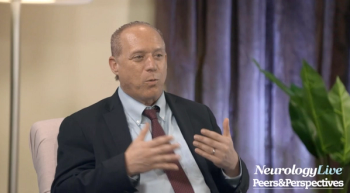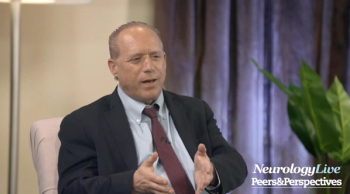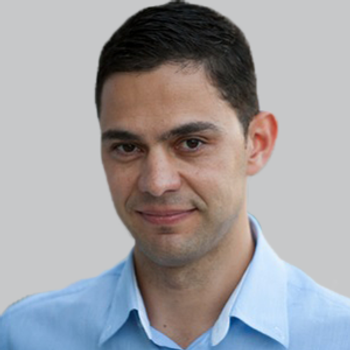
Study data suggest that even in early disease, motor complications are common and accompanied by a greater burden of nonmotor symptoms than previously known.

Study data suggest that even in early disease, motor complications are common and accompanied by a greater burden of nonmotor symptoms than previously known.

The webinar, a partnership between Women Neurologist's Group (WNG) and NeurologyLive, features the latest updates from CMS on billing and coding for telemedicine visits.

The ongoing phase 3 trial of the Biohaven drug is expected to be completed October 20, 2021.

Study data suggested that up to 80% of patients with Parkinson disease may have ophthalmologic symptoms, suggesting that wider use of early identification tools may improve timely treatment.
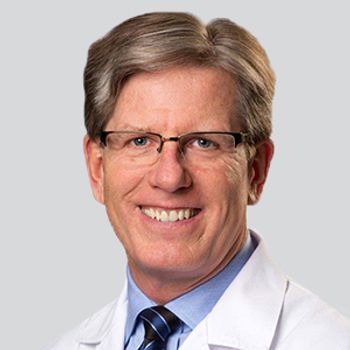
As neurologists and other specialists may increasingly be called upon to serve as general hospitalists in the wake of the COVID-19 pandemic, keeping health care workers healthy becomes paramount.
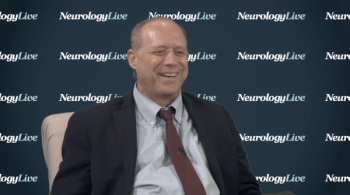
The director of the Parkinson's Disease and Movement Disorders Center of Boca Raton spoke to the patient perspective and risk assessment when deciding on an intervention for essential tremor.

Impaired rhythm production and perception in patients with idiopathic REM sleep behavior disorder are correlated with early markers of Parkinson disease, according to study results.

The executive medical director of Medical Affairs/Clinical Development at Acorda Therapeutics spoke to recent pharmacokinetic data comparing inhaled levodopa (Inbrija) with oral carbidopa/levodopa.

The director of the Parkinson's Disease and Movement Disorders Center of Boca Raton spoke to how a new generation of interventions has led to a shifting backdrop in the field of care in essential tremor.
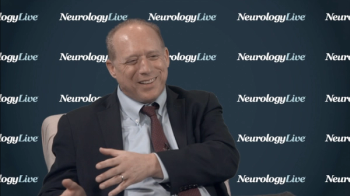
The director of the Parkinson's Disease and Movement Disorders Center of Boca Raton spoke to the challenges which remain in addressing OFF episodes in treating Parkinson disease.
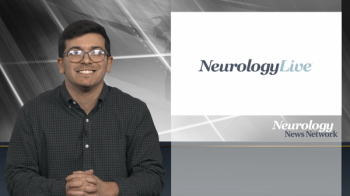
Neurology News Network for the week ending February 29, 2020.

The executive director of clinical research at Sunovion spoke about the key takeaways from a phase 3 trial of self-administered apomorphine sublingual film in Parkinson disease.

The VMAT2 inhibitor failed to meet the primary end point in the ARTISTS 1 and ARTISTS 2 trials in the treatment of tics in pediatric patients with Tourette syndrome.

Retrotope had already received FDA approval to test RT001, a chemically modified polyunsaturated fatty acid agent, in expanded access trials of 3 patients with progressive supranuclear palsy.
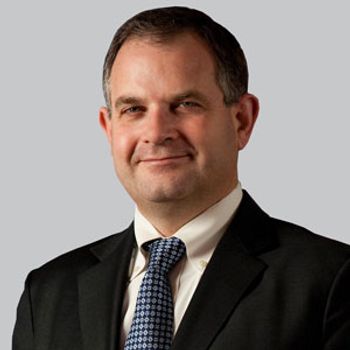
Self-administration of the drug led to statistically significant motor status changes within 30 minutes of treatment.
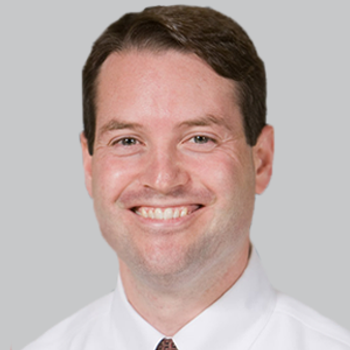
These data confirm the need for consideration of these costs when prescribing treatments, and is of considerable importance as out of pocket costs continue to rise in the US.
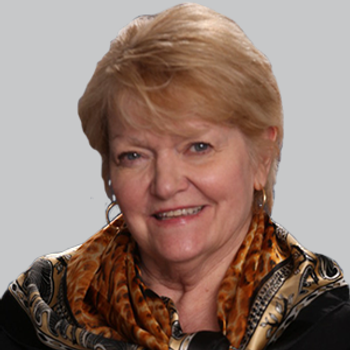
The vice president of Medical Affairs at Adamas Pharmaceuticals discussed the context of these results and what the clinical community should take away from the data from the EASE LID 2 trial of amantadine (Gocovri).
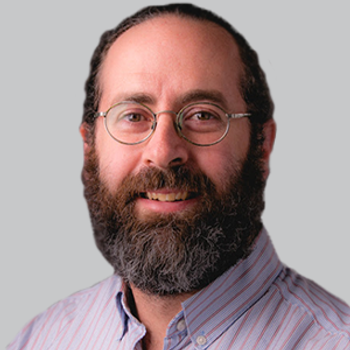
This novel trial’s positive outcome suggests that a multidisciplinary outpatient model is possible to integrate into care beyond just those who are most vulnerable in institutional care.

Final results of the EASE LID 2 study suggest that amantadine (Gocovri; Adamas) extended-release capsules are safe and effective over a 2-year treatment period.

The software, developed by Qynapse, provides analysis of brain MRI markers in diseases such as Alzheimer disease, Parkinson disease, and multiple sclerosis.
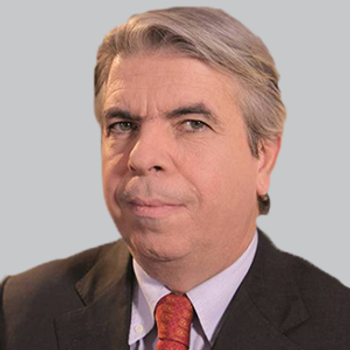
The software, developed by Qynapse, provides analysis of brain MRI markers in diseases such as Alzheimer disease, Parkinson disease, and multiple sclerosis.
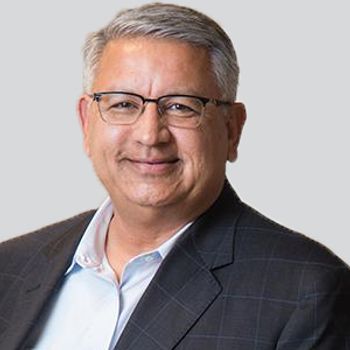
The FDA has approved the investigational new drug application for AV-101 for the treatment of dyskinesia in patients with Parkinson disease who are treated with levodopa.

Join NeurologyLive and the Women Neurologists Group on Twitter to celebrate women in neurology on National Women Physicians Day.
